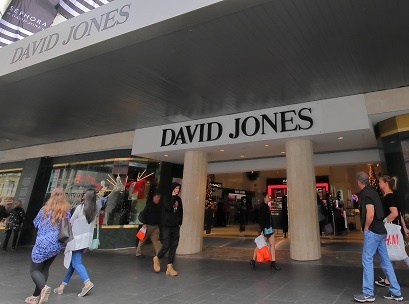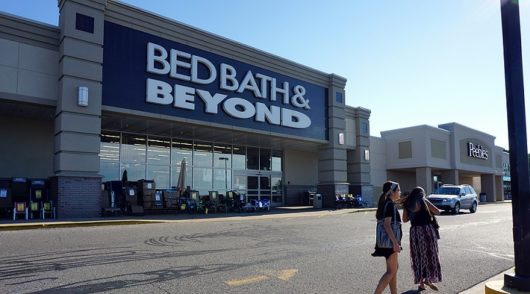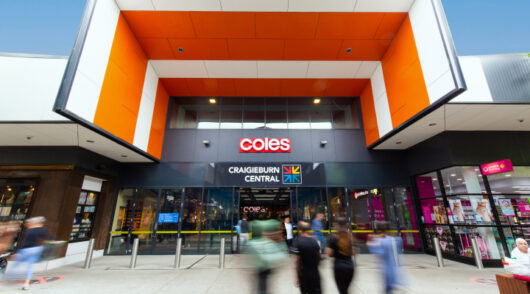
South Africa-based Woolworths Holdings has confirmed it will reduce unproductive retail space across its David Jones and Country Road Group subsidiaries, amid declining comparable store sales in FY19.
David Jones’ total sales fell 0.8 per cent in FY19 compared to the previous corresponding period, and comparable sales fell 0.1 per cent, according to a trading update from Woolworths Holdings.
Sales were “significantly impacted” by the ongoing refurbishment of the Elizabeth Street flagship, which is expected to be completed by the third quarter of fiscal 2020, the retailer said.
David Jones’ online sales grew 46.8 per cent year on year, and now make up 7.7 per cent of total sales.
Woolworths Holdings said retail conditions remain challenging in Australia, though Country Road Group enjoyed a slightly better year.
The fashion business, which includes the brands Country Road, Trenery, Politix, Witchery and Mimco, saw total sales grow 0.5 per cent in the year, and comparable sales fall 0.6 per cent.
Country Road Group’s online sales grew 12.9 per cent in Australia, and now represent 20.3 per cent of sales.
Woolworths Holdings said as online sales grow, the reduction of unproductive retail space remains a priority, and highlighted its ongoing efforts to downsize David Jones and Country Road Group’s retail space.
Woolworths Holdings itself saw total sales growth of 3.9 per cent, buoyed by strong growth in the company’s food segment, which saw total sales growth of 7.7 per cent, and comparative growth of 5.4 per cent.
Woolworths expects to share its full year-end results closer to the end of August.
The first half of the year was difficult for David Jones, which saw profit before tax fall 29.4 per cent during the first half, with Woolworths indicating it didn’t expect conditions to improve in the short-term.
During a conversation with CNBCAfrica, Woolworths Holdings chief executive and David Jones interim-chief executive Ian Moir said that he believed the group had overpaid for the department store, in hindsight.
“I certainly wouldn’t go for the same deal… We overpaid for it at the top of the market, and we recognise that,” Moir said.
“It’s a great business and we can turn it around, we will get there, [but] with the benefit of hindsight I wouldn’t have paid so much.”
What’s next for department stores?
Swinburne University associate professor of marketing Sean Sands told Inside Retail the issues facing David Jones extends beyond just Australian shores – pointing to examples such as Debenhams and Sears.
“I think one of the issues department stores are having is: what is their identity, and who are the customers they are serving? They’re trying to be all things to all people, and that’s obviously not working,” Sands told Inside Retail.
Sands noted that David Jones’ strategy to bring in more exclusive international branded products into its stores was smart, in that it creates an identity around its offerings exclusivity, giving customers a reason to shop there.
“Whether or not people want to pay is another question,” Sands said.
Access exclusive analysis, locked news and reports with Inside Retail Weekly. Subscribe today and get our premium print publication delivered to your door every week.





